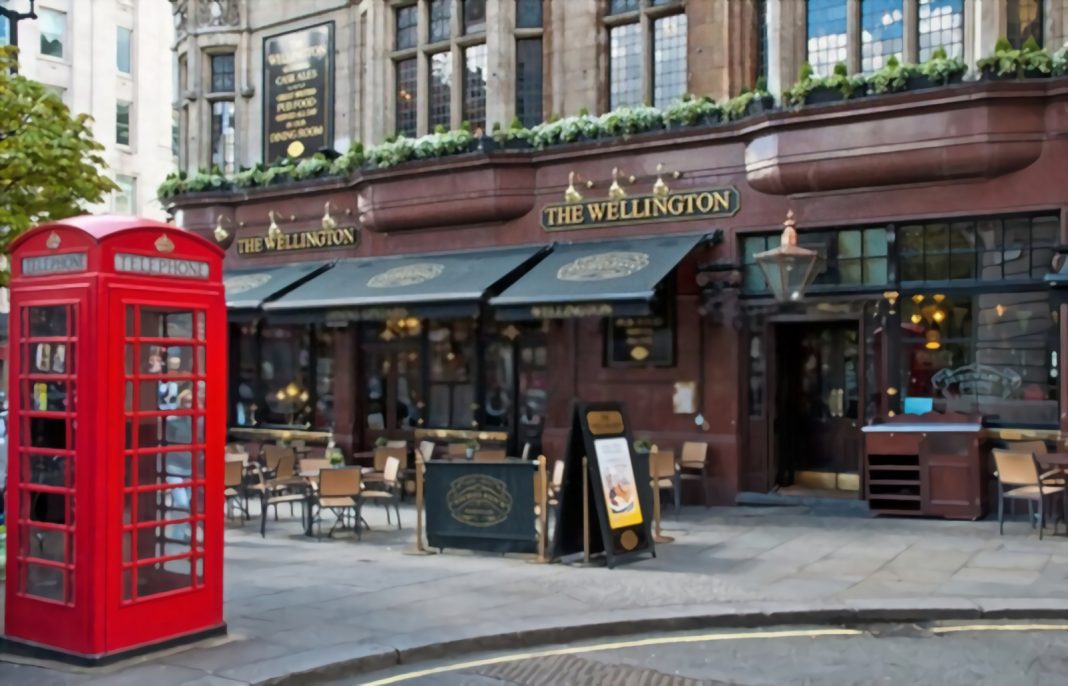What effect did the Ukrainian war have on British restaurants?
How much have food prices rising in the UK in recent weeks?
What has been the reason for the closure of some restaurants in the UK in recent weeks?
What has the increase in import tariffs on Russian products in the UK forced businesses to do?
Many traditional British restaurants are on the verge of bankruptcy due to the possibility of stopping the import of white fish from Russia after the Ukraine War increasing the prices of other food items during Ukraine War
British restaurants on the verge of closing
According to CNN, British restaurants serving one of the most popular British dishes are now on the verge of closing due to the consequences of the Ukraine war. The network said that of the nearly 10,000 restaurants serving “fish-and-chip”, one-third are in danger of closing due to shortages and rising oil and fish prices. Andrew Crook, president of the National Federation of Fish Friers, says a third of the country’s approximately 10,000 fried fish and potato restaurants may close in the next nine months. He added that this was the worst crisis he had ever experienced. The National Federation of Fish Friers represents 1,200 fish and potato restaurants in the UK. Crook, who owns the shop, said prices have been rising since late last year. In addition, raw material costs increased since late February, when the Ukraine war began. “Across the board, everything’s gone up”, he added.
60% increase in food prices in the UK
In recent weeks, food prices in the UK have risen by 30 to 60 percent. But British fish and potato restaurants, which traditionally operate at low incomes, feel more pressured by their dependence on Russian imports. Crook said up to 40 percent of fish and herring oils come from Russian waters, and about half of sunflower oil comes from Ukraine. According to Crook, businesses pay about 83% more for sunflower oil than in early March. This is while palm oil, a common alternative, has doubled. Indonesia – the world’s largest exporter of palm oil – began restricting its exports last month to help conserve domestic resources. This is while energy costs and skyrocketing prices of fertilizers needed for potato growth have added to the pressures in this area.
Waiting for customers to get lower prices
Fried fish and potatoes are one of the informal national dishes of the UK. The first restaurants selling fried fish and potatoes opened in the 1860s and expanded rapidly as the country became industrialized to help feed factory workers. During World War II, food was essential to the working class because the government rationed other raw materials such as tea, butter, meat, fish, and potatoes. Crook said customers expect their fried fish and potatoes to be cheap. He added that a year ago, the average price of a serving of fish and regular fries was about seven pounds. At present, he said, he sells it for about eight and a half pounds. “We are running the risk of pricing ourselves out of the market…we’re trying to keep increases as low as possible,” Crook said.
Businesses are afraid of rising import tariffs
Fears that the British government would impose stricter import tariffs on Russian whitefish have forced businesses to stockpile alternatives that would push up the prices of Icelandic and Norwegian fish that croc. Crook said the cost of an Icelandic box of fish is now £270 ($331), up from £140 ($176) this time last year. Jobs such as Crook jobs face the difficult task of selling fish and French fries to customers facing the worst cost of living crisis in decades, CNN reported. According to the Bank of England, annual inflation reached 7% in March, the highest level in 30 years and may get 10% later this year.
Conclusion
According to a survey by the Federation of Small Businesses (FSB), more than half a million small businesses in the UK plan to close, downsize, or sell next year; according to a survey by the Federation of Small Businesses (FSB). As the economic consequences of the Ukraine war intensify in various areas of the world, including fuel prices and food security, hundreds of thousands of British families are expected to live in extreme poverty next year. Forecasts suggest that the number of Britons living in extreme poverty could reach one million by 2023. On the other hand, according to research conducted by the Food Foundation thinktank, more than two million British citizens are unable to provide their daily meals.

